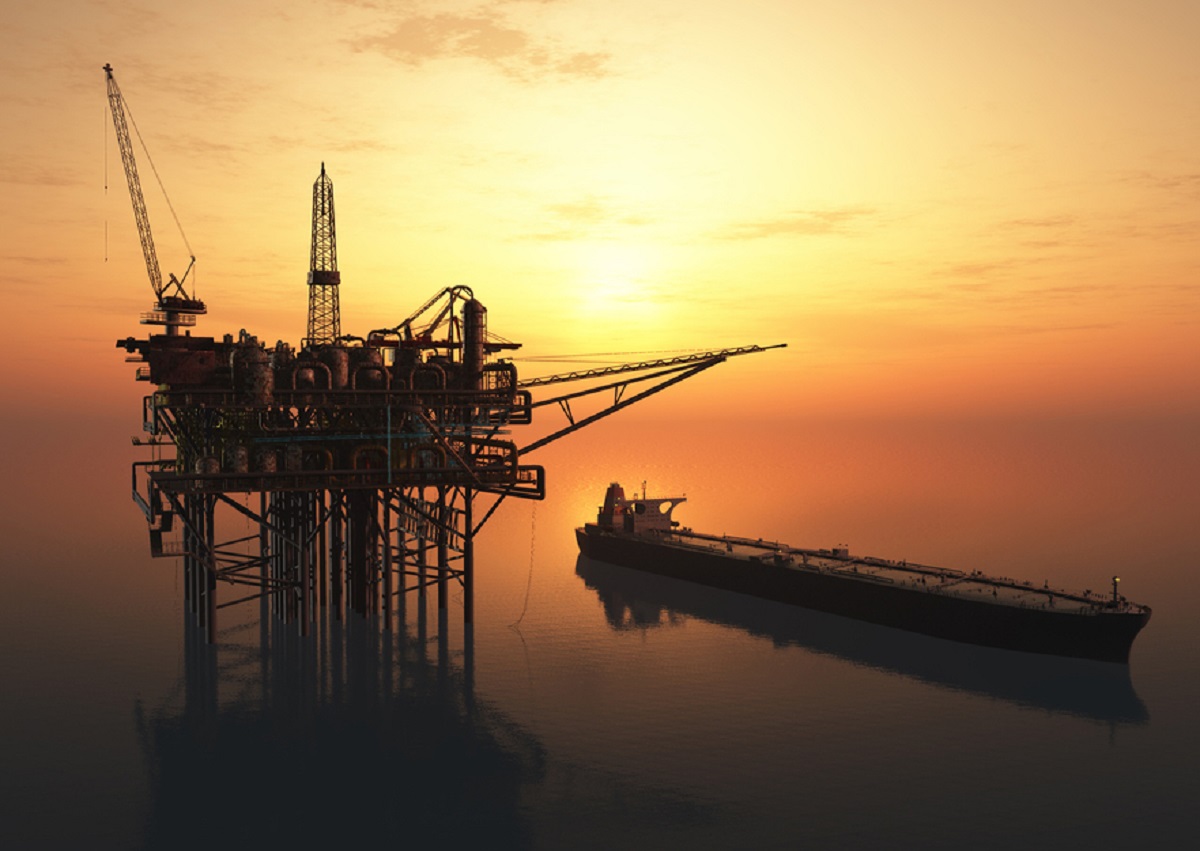Mid-East Group, Russia Split on Caspian Resources, Pipeline
TURKMENBASHI, Turkmenistan (AP) — Five countries bordering the energy-rich Caspian Sea met Monday at an economic forum hosted by Turkmenistan in a bid to agree on how to divide the region's oil wealth.
Last year, the leaders of Russia, Iran, Azerbaijan, Turkmenistan and Kazakhstan signed a convention aimed at ending decades-long uncertainty over exploitation of its resources.
Russia and Iran are yet to ratify last year's agreement. Russia's Prime Minister Dmitry Medvedev, who attended Monday's forum in Turkmenistan, said that the ratification is expected "in the near future."
One of the biggest questions facing the group is how to transport the resources from the seabed to market.
Turkmenistan and Azerbaijan have yet to agree on how to share the reserves under the seabed. That has impeded progress of the Trans-Caspian natural gas pipeline that would carry Turkmen gas across the sea to Azerbaijan and further on to Western markets.
"It's a very sensitive issue," said Bahram Huseynov, a vice president of Azerbaijan's state oil company SOCAR. "No concrete steps have been made yet and it's too early to discuss specifics."
The West has long encouraged prospective trans-Caspian pipelines as part of its efforts to diversify sources of energy, while Russia and Iran have watched the plans with unease.
More energy exports from the Caspian would compete with energy shipments from Russia, which has sought to expand the sales of its oil and gas to European markets.
Iran has argued for energy shipments from the Caspian to cross its territory, arguing that trans-Caspian routes are too costly and unsafe.
"Iran is against any trans-Caspian pipelines," said Behruz Namdari of Iran's National Gas Company. "The construction of a trans-Caspian pipeline could inflict a serious damage to the environment."
Related News
Related News

- Keystone Oil Pipeline Resumes Operations After Temporary Shutdown
- Freeport LNG Plant Runs Near Zero Consumption for Fifth Day
- Biden Administration Buys Oil for Emergency Reserve Above Target Price
- Mexico Seizes Air Liquide's Hydrogen Plant at Pemex Refinery
- Enbridge to Invest $500 Million in Pipeline Assets, Including Expansion of 850-Mile Gray Oak Pipeline
- Enbridge Receives Approval to Begin Service on Louisiana Venice Gas Pipeline Project
- U.S. to Acquire 3 Million Barrels of Oil for Emergency Reserve in September
- AG&P LNG Acquires 49% Stake in Vietnam's Cai Mep LNG Terminal
- BP's Carbon Emissions Increase in 2023, Ending Decline Since 2019
- Texas Sues EPA Over Methane Emission Rules for Oil and Gas Sector





Comments